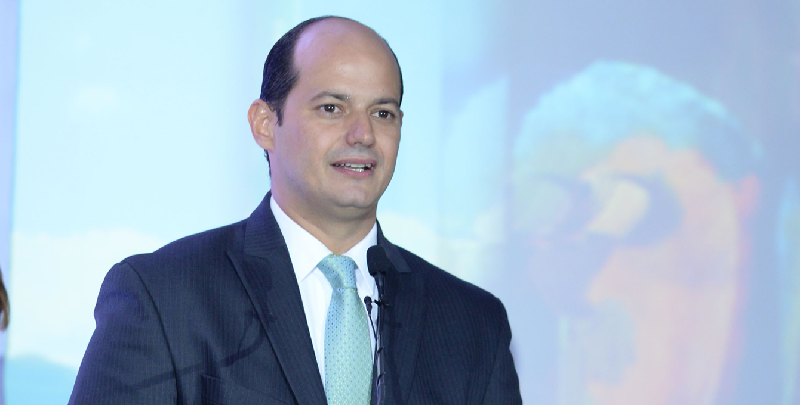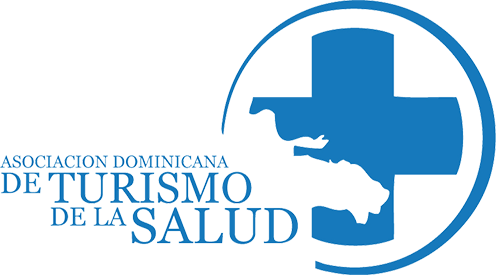- 12 de January de 2020
- Posted by: adtusalud-admin
- Category: News

The resolution of the United Nations Organization (UN) “Transforming our World: the 2030 Agenda for Sustainable Development” outlined a strategic vision for a new era of global development.
Dr. Alejandro Cambiaso states that within the proposed objectives are those linked to the health sector, where digital transformation can generate great added value.
To be specific, says the expert in family and community medicine, the third objective of sustainable development according to the World Health Organization (WHO) is related to healthy living and promoting well-being, as well as reducing maternal and infant mortality, ending tuberculosis, malaria, tropical diseases and those transmitted by water, among others.
Likewise, in the face of the proposed goals, it is essential to reduce deaths and injuries caused by traffic accidents, guarantee universal access to medicines and health services, where the promotion of healthy lifestyles and primary care is essential as a strategy to coordinate the integration of attention levels throughout the life cycle of people.
To favor these objectives, it is essential that electronic records and digital technologies are used that make it possible to have data and provide personalized follow-up of patients throughout the health system, making an interface between providers, insurers and regulators, that allows to protect the privacy of the information and make better use of the system and its resources.
Dr. Cambiaso says that the goal nine of the SDGs related to industry, innovation and infrastructure can also be linked to digital transformation in health, since the use of drones to transport blood samples, medicines and vaccines is a reality to remote locations, the use of artificial intelligence, big data, 3D printing, integrated hospital software, among other advances.
However, in contrast, it should be noted that more than 4,000 million people still do not have access to the Internet and 90 percent come from the developing world. Reducing this digital divide is crucial to guarantee equal access to information and knowledge, and promote innovation and entrepreneurship.
Today the health / technology binomial allows to prevent, diagnose and treat diseases more efficiently, as well as design strategies and measure their impact in real time, to positively influence public health, so the doctor concludes by stating that the digital transformation It is not a luxury, rather a priority aligned with the objectives of sustainable development.



